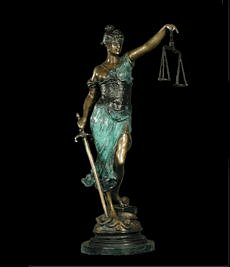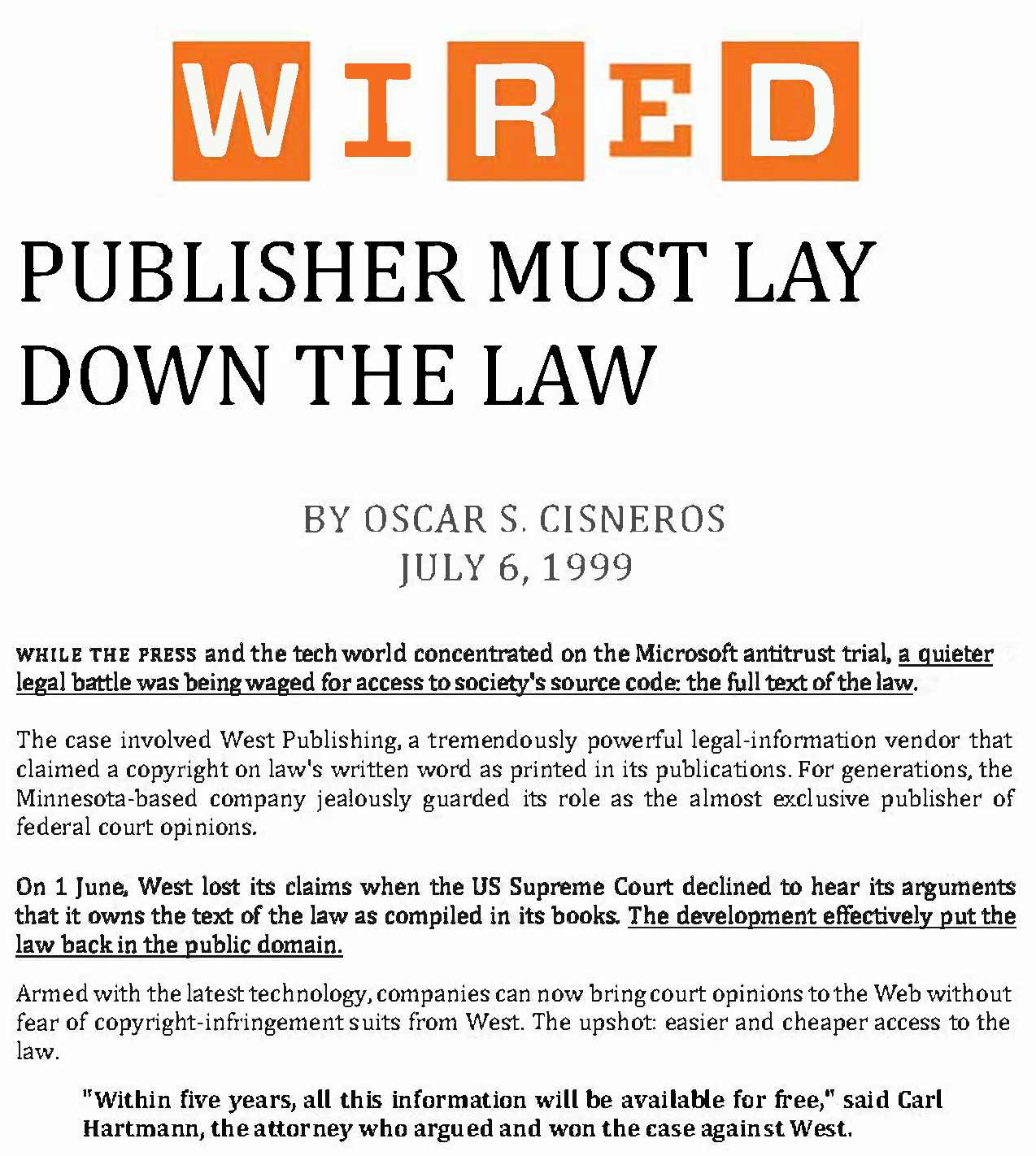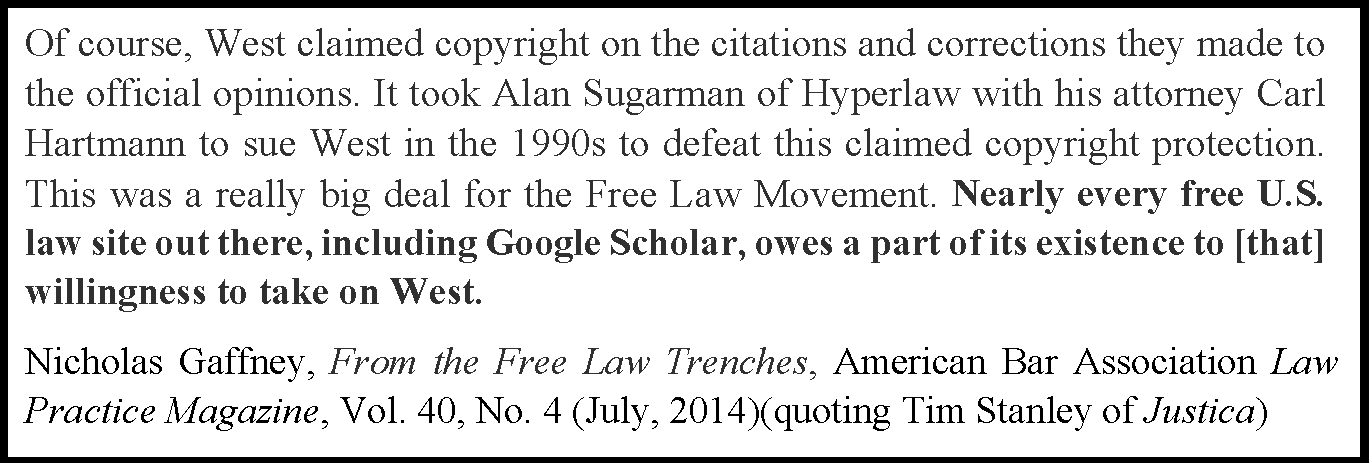|
|||||||||||

|
For more than 30 years, Carl Hartmann has been lead trial and appellate counsel in complex federal court cases throughout the nation -- in such diverse areas as commercial defense, corporate control, employment, civil rights, intellectual property, environmental, telecommunications and real estate. He has been counsel for major corporations, other law firms, and individuals; as well as special outside investigative counsel for the federal government. The U.S. Circuit Court of Appeals for the Tenth Circuit described his victory against the City of Albuquerque following a difficult, extremely high-visibility federal trial as "a classic jury case."
In its affirmance, that three-judge federal appellate panel also expressed shock at the long, brutal nature of the case, noting "the litigation and appeal took several years, involved extensive discovery and was marked by bizarre efforts on the part of the City, its officials, the police department and others...."
In 2016, with Joel Holt and Linda Singer, he represented the Government of the U.S. Virgin Islands in a $1.5 billion civil victory over the Hess Corporation. They obtained $220 million in cash, plus $800 million in long-term value such as guaranteed payments in lieu of taxes, land and 121 houses. The litigation also secured dismissal of all $320 million of the Hess tax claims and forced the sale of its closed HOVENSA Refinery (which at one time was the largest in the Western Hemisphere) following a simultaneous action in bankruptcy court. The 69-page RICO/fraud complaint tells a complex, ugly story of how Hess crushed the St. Croix economy when it took billions in tax benefits and then looted the businesses before closing its refinery with no notice (years earlier than it agreed when it obtained those tax breaks.) "[Hess and PDVSA] siphoned off in excess of $2.2 billion from their subsidiaries in a five year time period." On December 29, 2015, the Senate approved a forty year agreement for an oil storage/transfer facility with the new owner, ArcLight, in Bill No. 31-0283. The settlement and transaction closed and fully funded on January 5, 2016, with senators declaring that it "gave St. Croix hope." Equally important, after two Category 5 Hurricanes, Irma and Maria, pummeled the Caribbean in 2017, the USVI had a more than adequate suppliy of gasoline and diesel to jump-start the recovery and avoid Puerto Rico's fate. Along with Kimberly Japinga, Joel Holt and Jeffrey Sepesi, he obtained a $28.7 million federal jury verdict under Delaware law against Alcoa, which was represented by two large national law firms, Hunton & Williams and Ogletree Deakins. This was a vigorously contested fraud and breach of contract action on behalf of a development company which had purchased a former alumina plant and deep water port to clean and re-purpose. That award included more than $6 million in punitive damages. The trial judge later upheld the punitive award, finding that because of the "hidden misrepresentations and the involvement of top officials at the company. . .the fraud was 'outrageous.'" The verdict led to the subsequent entry of a consent decree in a series of associated CERCLA/environmental cases which required Alcoa to fully remediate and restore the disputed areas -- and a 2014 settlement with the remaining defendants, including Lockheed, for more than $50 million. Two pictures show what this litigation accomplished. 

These and other actions can be reviewed under the "Cases" tab, including a 2014 summary judgment recovering control of a business with annual sales of more than $100 million and holding $43 million in after-tax cash where the court stated "any delay in achieving final resolution impedes the Court system as the filings of these parties have been prodigious in volume and frequency," the 2012 recovery of $12 million in art from Athens, Greece in actions in both New York federal court and Greece -- and a Washington, D.C. federal court decision for the longest-serving, highest-ranked female regional director in the National Park Service where the Court stated the following about a political appointee's retaliatory lies to the U.S. Secret Service: "The incident involving security for the President was....offensive and deeply insulting to a loyal American who had spent her life in service to her government. It was unfathomable to the Court." Billions with a 'B' "A battle was being waged for access to society's source code: the full text of the law"
As lead counsel and the trial lawyers for legal publisher HyperLaw in the 7-year long Southern District of New York "HyperLaw Trilogy" cases, Carl Hartmann and the late Paul Ruskin won the largest federal action regarding database protection and electronic publishing in a generation. See WIRED article and the Paul Weiss law firm's post-litigation analysis in the New York Law Journal. 
For more than 100 years, courts sent most of the legal decisions in the United States to West Publishing for free, to be printed verbatim in its National Reporter System of books. With the advent of the internet, West claimed that nobody could access that law online without paying West to copy these cases from its books -- either directly through its WESTLAW system, or indirectly because of licensing fees it charged for such use. This problem was compounded when West entered into two secret agreements with the other online legal database provider, LEXIS. Between them they controlled computer access to the law and like any good monopoly does, charged outrageous prices for their own services or for "use" of the cases by other publishers, authors, and low-cost online services. The resulting 'WESTLAW-LEXIS tax' was ultimately "paid by every lawyer, court and individual who came in contact with the legal system, and it shut poorer parties out of critical resources....it was billions of dollars." 
HyperLaw tried to copy just the judicial cases (without headnotes or any West editorial products) out of the West books -- by then the only source for most decisions. When West threatened suit, HyperLaw became the sole plaintiff in the critical "text" portion of the litigation, which the New York Times reported as a case "experts [said would] drive down the price of legal research....[stripping] away much of the copyright protection claimed by West Publishing, the nation's dominant publisher of court cases, for its law books." The trial judge, the Hon. John S. Martin Jr., condemned "West's tactics in this litigation, including false statements, belated concessions, delaying tactics, and strained attempts to avoid a judicial resolution of the copyright claims....West decided to do everything in its power to avoid such an adjudication, or, at a minimum, delay the adjudication as long as possible and thereby extend its monopoly." Also,
Following the trial, Hartmann and Ruskin successfully argued the two appeals against Harvard Law School Prof. Arthur R. Miller (Wright & Miller, Federal Practice and Procedure) in winning affirmance in the Second Circuit Court of Appeals. On June 1, 1999, the U.S. Supreme Court then denied West's two Petitions for Certiorari. "That development effectively put the law back in the public domain."
Co-plaintiff Matthew Bender did not participate in the portion of the case related to the text of judicial decisions at either the trial or appeal levels. Nor did it participate in the antitrust action in D.C. federal court where HyperLaw pursued West for antitrust violations and modification of the DOJ Antitrust Settlement in West's efforts to purchase other publishers and "license" judicial decisions to its "competitors" such as Lexis. West Antitrust Decision I.
Coincidentally, before the two final appeals were concluded in 1998, HyperLaw's co-plaintiff in the 'citations' portion of the case (Matthew Bender) was purchased by Lexis -- the same year of the HyperLaw antitrust decision. Thus, Hyperlaw alone established that West and other legal publishers cannot stop (or charge for) the copying and use of the judges’ decisions from books in the West National Reporter System. This is millions of decisions from a century of litigation. Nor can West and others ever again stop the copying and use of those court decisions by lower cost and on-line publishers who provide public access for free or at a greatly reduced cost. The entire Google Scholar collection of American law exists because of this case, as do the products of more than 20 smaller vendors. Moreover, it stops West and Lexis from charging whatever they want, as competitors can simply duplicate those services if the prices become too high (as they were previously.)
Finally, it should be noted that the expert analyses in the New York Times and many other publications proved to be absolutely correct, as vendors such as Fastcase now offer online research for free in cooperation with more than 40 bar associations -- and the cost of paid case research is a tenth charged at the time of the litigation. For an exhaustive description of what West claimed as its "authorship" and an analysis of the law related to those claims, it is useful to read West's two Petitions for Re-Hearing En Banc in the Second Circuit (text and citations) filed after its loss, as well as HyperLaw's Opposition Briefs (text and citations); and HyperLaw's U.S. Supreme Court Opposition.
|
|
| ||||||||